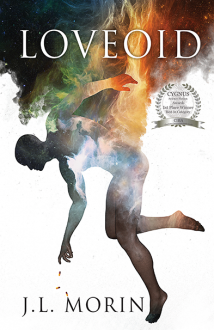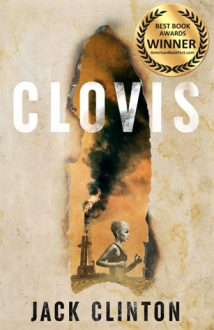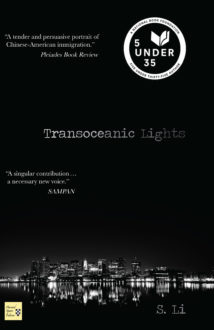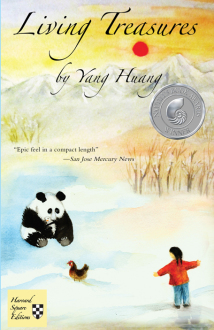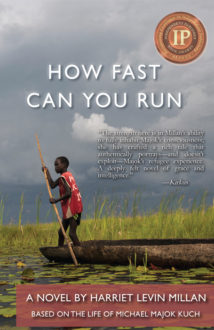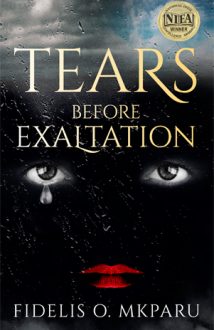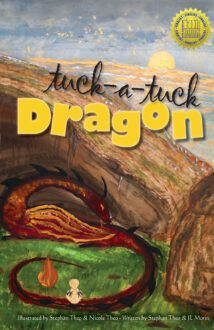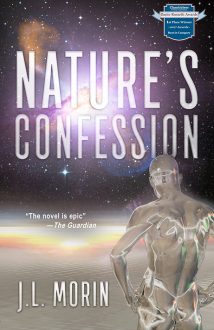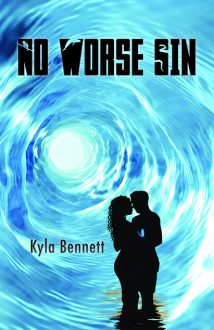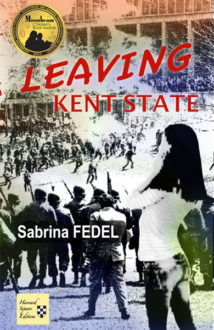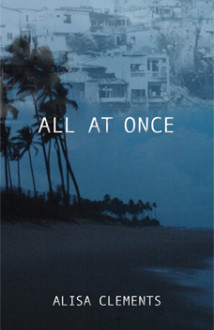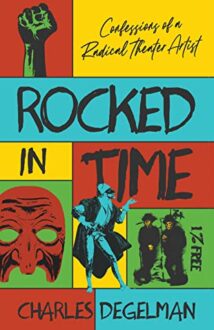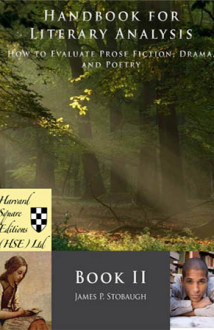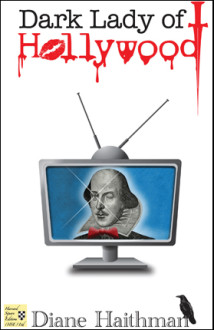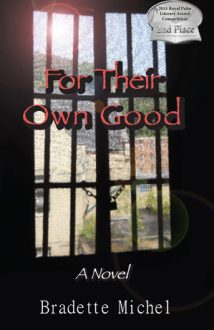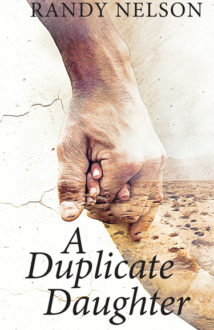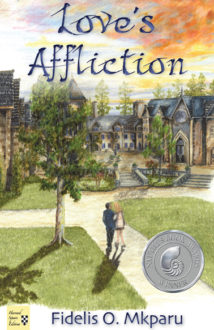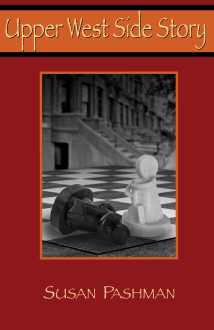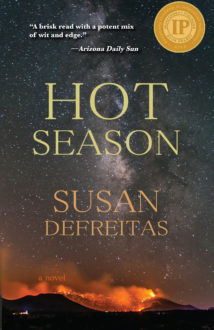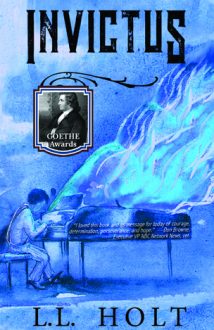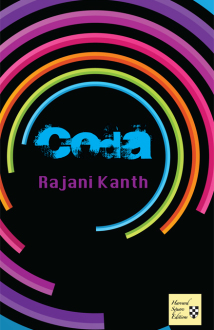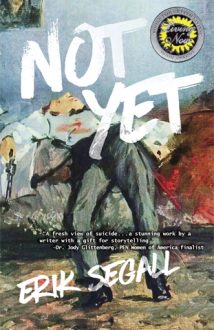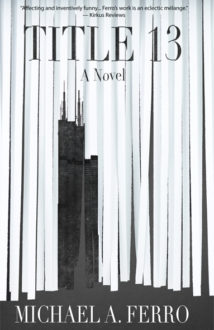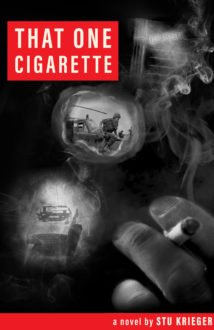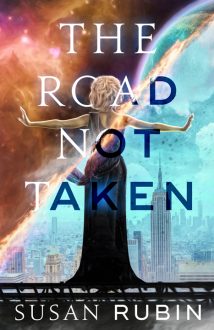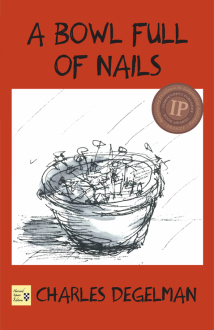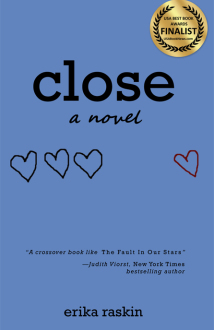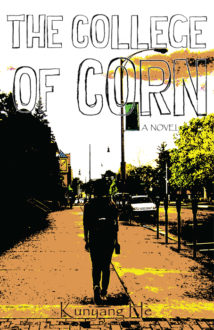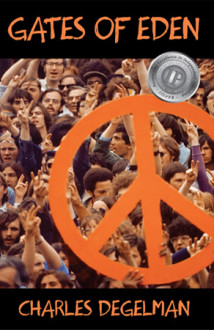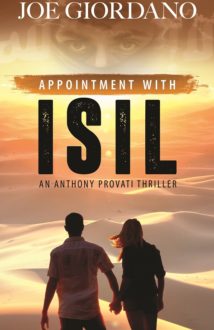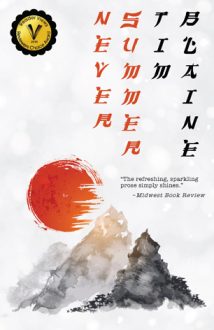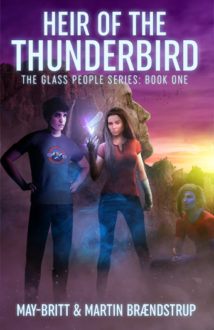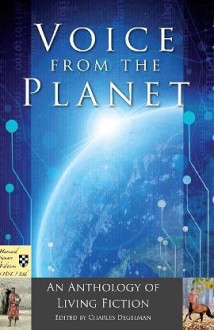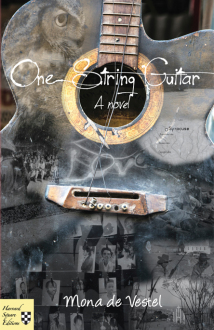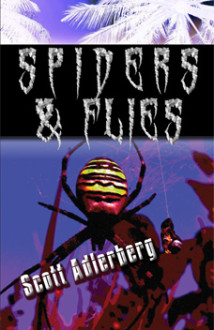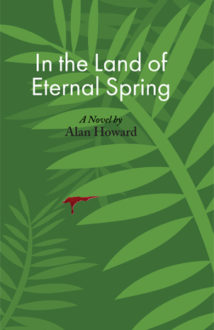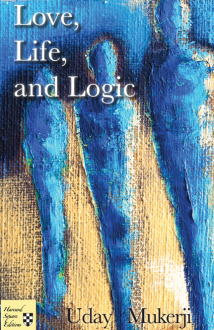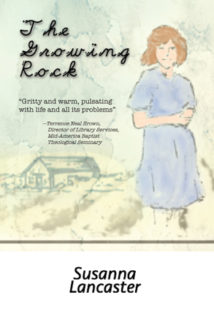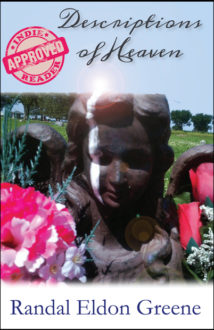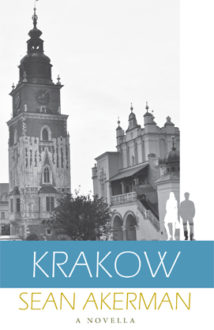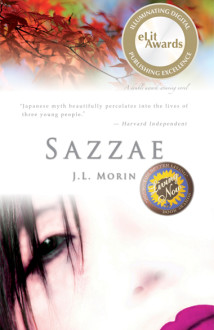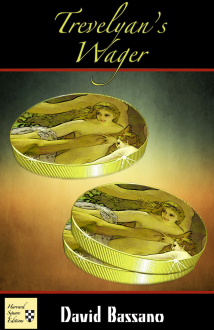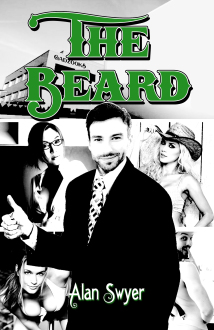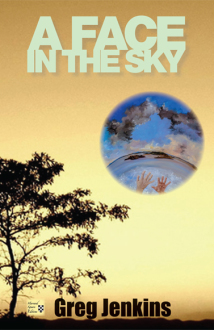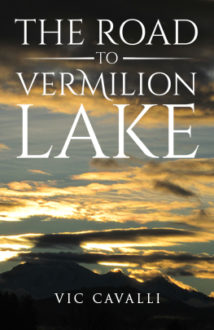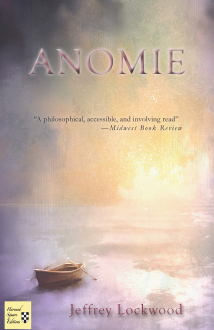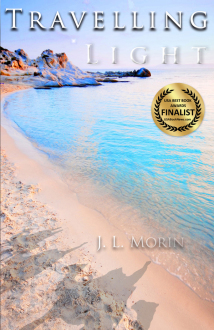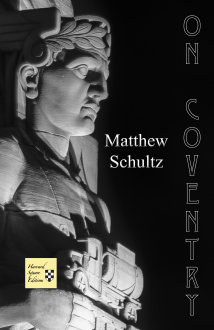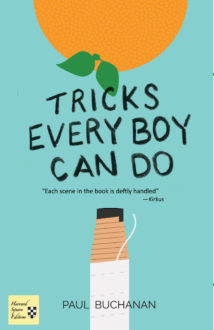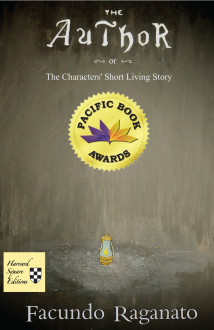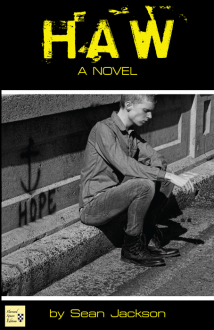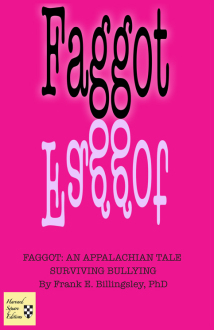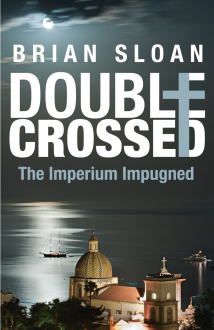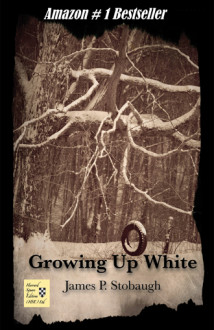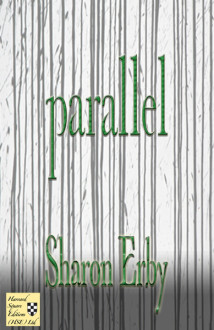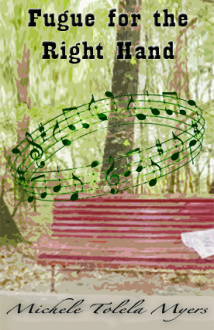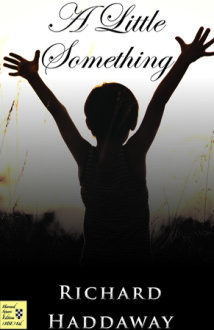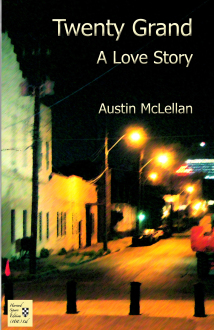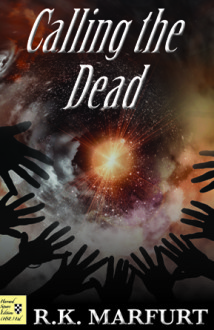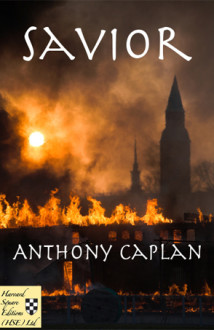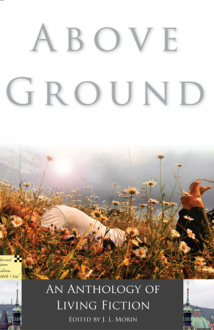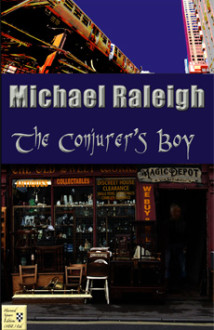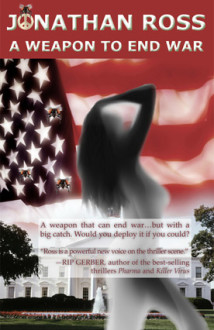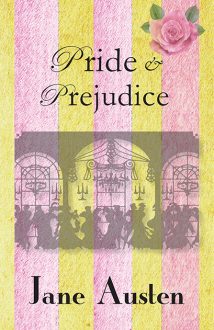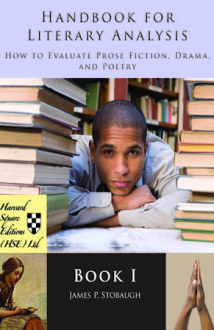
The Handbook for Literary Analysis:
How to Evaluate Prose Fiction, Drama, and Poetry
James P. Stobaugh
Dr. Stobaugh teaches AP ENGLISH LITERATURE online, worth 3-6 hours of college credit at top colleges, using this book as his textbook. AP credit is important for college admission.
This handbook reclaims the metaphor, rhetoric, and literary analysis. It takes a high view of the reader, the critic, and the student. All three are invited to think critically and to discuss thoroughly the great literary works of all civilizations. Systematically, this Handbook defines, explains, and illustrates a wide range of significant literary terms in fiction, drama, and poetry.
Along the way, readers explore copious, inspired examples, including biblical examples. Finally, readers read real literary analytical essays by American high school students. If readers learn how to do literary analysis well, they will be better able to create and to share vital truths with future generations. (Also see book II)
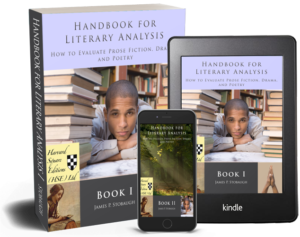
Handbook for Literary Analysis Book I: How to Evaluate Prose Fiction, Drama, and Poetry
by James P. Stobaugh
Release date: April 18, 2013
Genre: Text book; Literary analysis
Price: Softcover $39.99 ISBN: 978-0-9833216-7-5
Hardback $49.99 ISBN: 978-1-9418618-0-6
“Dr. Stobaugh’s Handbook of Literary Criticism is an outstanding resource for educators and the students. Over the past several decades, the influence of literature produced by Christians has significantly declined. From my perspective as a Christian culture influencer, I believe we must reverse that trend. We need more effective authors who are producing world class literature framed in the Christian worldview. I see Dr. Stobaugh’s handbook to be essential to reverse that trend. I highly recommend it.”
—Ray Traylor, Homeschool Dad, Author, True Riches; & Besetting Sin
“This book is appropriate for junior high students through adults. You can work through the book sequentially or selectively, depending upon your need. The book reads like a literature text with plentiful use of literary excerpts, including many from Scripture, as examples. It also should help familiarize readers with some great literary works. There are no questions or assignments as you would find in a course. Instead, it is expected that the reader will be using it for self-directed education. Parents might assign particular sections for the student lacking self-direction, then follow up with a discussion regarding what they have read.”
—Cathy Duffy, Homeschool Review Guru
About the Author
Jim and Karen Stobaugh have four home educated adult children. They are deeply committed to the new emerging homeschool leadership community. Jim was a Merrill Fellow at Harvard University and holds a B.A. cum laude from Vanderbilt, an M.A. from Rutgers University, an M.Div. from Princeton Theological Seminary, and a D.Min. from Gordon-Conwell Theological Seminary. An experienced teacher, he is a recognized leader in homeschooling and has published several books for students and teachers. Jim is also a Presbyterian pastor. He pastors Covenant Presbyterian Church near his home. He lives near Hollsopple, Pennsylvania, and travels widely to speak at conventions about literature, teaching, and education.







